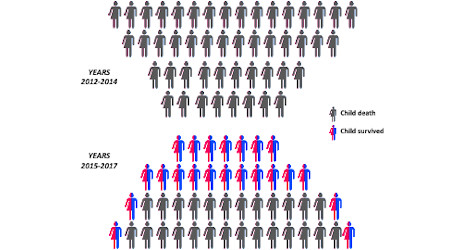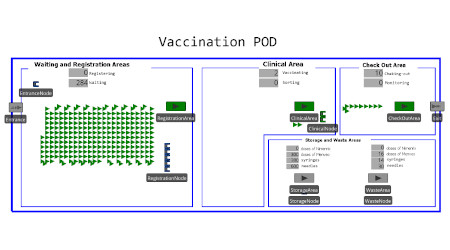Welcome to Biomedicine & Prevention
Biomedicine & Prevention is a peer-reviewed, open access journal that publishes original research articles as well as review articles in several areas of the life sciences. The journal’s Editorial Board covers several subject areas mainly focusing on prevention and health promotion. Prevention is covered not as an exclusive health competence discipline but in a holistic way, including environmental sciences, engineering, physics, legal implications and legislation.






